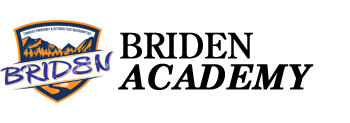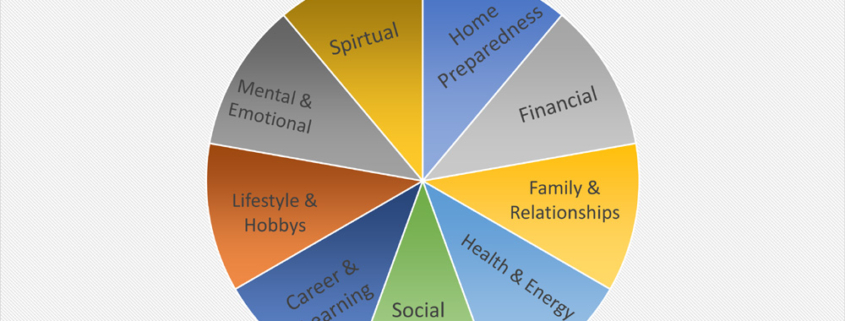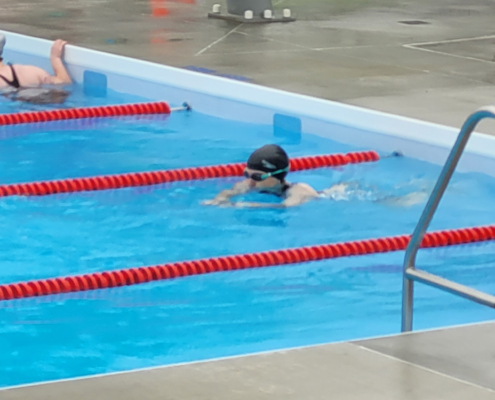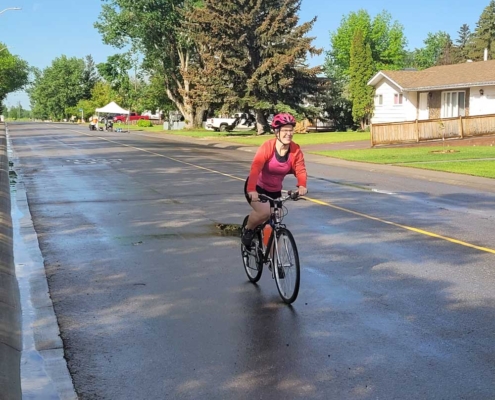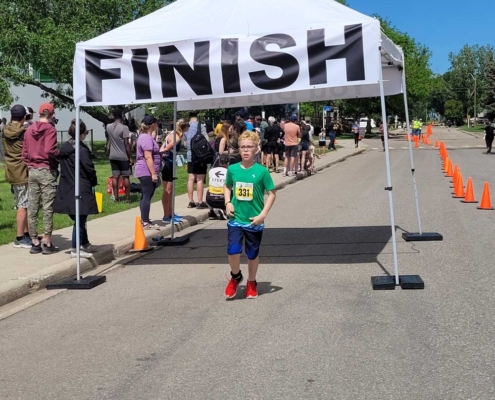How Can I Be Self-Reliant? A Journey to Independence
Being self-reliant remains a valuable skill for personal resilience and preparedness. This article will guide you through the basic steps to prepare for self-reliance.
1. Self-Assessment: Know Thyself
Before embarking on the journey to self-reliance, take a good look in the mirror. Self-assessment is the first step. Identify your strengths and weaknesses, your current skills and areas where you’d like to become more self-reliant.
Here are some questions for you to get started:
Personal Goals and Values:
- What are my core values, and do my actions align with them?
- What are my short-term and long-term goals, and am I making progress toward them?
Self-Understanding:
- What are my strengths and weaknesses?
- How do I respond to stress, challenges, and adversity?
Skills and Knowledge:
- What skills do I possess, and which ones do I want to develop?
- What knowledge and expertise do I have, and what areas do I want to learn more about?
Health and Well-being:
- How would I rate my physical and mental health?
- Am I taking steps to maintain and improve my health and well-being?
Relationships and Communication:
- How are my relationships with family, friends, and colleagues?
- Am I an effective communicator, and how can I improve my interpersonal skills?
Time Management and Productivity:
- How do I manage my time and prioritize tasks?
- Am I making efficient use of my time, or are there areas where I can improve?
Financial Health:
- What is my current financial situation, including income, expenses, savings, and debt?
- Am I on track to meet my financial goals, and what financial skills should I work on?
Personal Growth and Learning:
- What have I learned recently, and how have I grown as an individual?
- What subjects or skills do I want to explore in the future?
Emotional Intelligence:
- How well do I understand and manage my emotions?
- Am I empathetic and able to navigate social situations effectively?
Problem-Solving and Decision-Making:
- How do I approach problem-solving and decision-making?
- Are there techniques or strategies I could use to make better decisions?
Environmental Impact:
- How eco-friendly are my daily habits and lifestyle choices?
- Are there ways I can reduce my environmental footprint?
Networking and Social Connections:
- What connections do I have within my personal and professional networks?
- Am I nurturing these connections, and how can I expand my network?
Preparedness and Resilience:
- Am I prepared for emergencies, and what steps can I take to enhance my resilience?
- How do I respond to adversity, and can I develop a more resilient mindset?
Contribution to the Community:
- What contributions have I made to my community or the world at large?
- How can I become a more active and engaged member of my community?
2. Define Your Goals
What does self-reliance mean to you? Is it financial independence, the ability to grow your own food, or being prepared for emergencies?
Defining your goals will help you stay focused on what’s most important to you.
3. Skill Development: A Lifelong Pursuit
Self-reliance is built on skills. Start by learning essential life skills such as cooking, cleaning, and basic home repairs. Expand into areas like first aid, gardening, building your food storage or financial management as you progress.
Think big! It’s never too late for educational pursuits. If you have an interest, go for it. Explore your skills and develop them.
4. Financial Independence
A crucial aspect of self-reliance is financial stability. Create a budget, save, and work toward reducing debts. Financial independence can provide the security to weather unexpected storms.
5. Food Production and Preservation
Learning to grow your own food is a significant step toward self-reliance. Even a small vegetable garden, sprouts or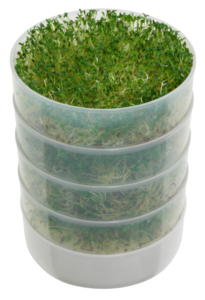 herb pots can make a difference.
herb pots can make a difference.
Understanding food preservation techniques can extend the life of your produce.
- Canning: In canning, you water bath or pressure cook in a sealed glass jar to kill bacteria and create a vacuum seal. This prevents spoilage and makes the food shelf-stable. My go-to canning items are dill pickles and peaches, but experiment with other pickling items, jams, or salsas to name a few!
- Freezing: Freezing food involves storing it at very low temperatures to stop bacterial growth. It’s simple: pack food in airtight containers or freezer bags and place them in the freezer. If you have a vacuum sealer, this helps remove air as well.
- Drying: Drying removes moisture from food, making it inhospitable to bacteria. You can air-dry fruits, vegetables, or use a food dehydrator or freeze drier.
6. Emergency Preparedness
Being self-reliant means being prepared for emergencies. Build an emergency kit with essentials like food, water, first-aid supplies, tools, and important documents. Develop a plan for various scenarios. Peruse the Academy or call us directly at Briden Solutions – we have many articles to help support you through your emergency preparedness!
7. Energy Independence
Reduce your dependence on external energy sources by exploring renewable energy options like solar panels, wind turbines, or energy-efficient practices. Check federal rebates and options. Consider exploring ways to leave an environmentally friendly footprint as you explore your self reliance.
Pro-Tip: To dip our toes into the world of solar power, we purchased 2 panels for our small travel trailer, which keeps our battery topped up for up to a week of camping!
8. Personal Health and Wellness
Maintain a healthy lifestyle through regular exercise, a balanced diet, and self-care. Learn basic first-aid and medical skills.
Create goals! I set a new physical fitness goal every year. My first goal back in 2018 was to do a triathlon. I started with a sprint, competing again in 2019. In 2021 after achieving some hiking goals I had set, I started to train for an Olympic triathlon and completed my first one in early 2022. In 2020 I had a goal to hike the 4-day Inca Trail to Machu Picchu, but covid19 delayed that goal. However I completed that goal in spring of 2023! My next goal is to train for a Half-Iron-Man distance triathlon. A few setbacks have delayed my training, but goals are meant to be flexible. Happy Goal Setting!
Pro-Tip: consider a vision board in your goal setting! Write things down, make them visual to be more achievable
9. Mental Resilience
Cultivate mental resilience through problem-solving, emotional intelligence, adaptability, and the ability to stay calm in challenging situations.
Pro-Tip: Utilizing counselling or communicating when you’re in need is self-reliance hard at work! We need our village. Do that however works for you.
10. Network and Community
Build a network of self-reliant individuals who can provide support and knowledge when needed. Get involved in your community to foster self-reliance.
 Times can be tough. Self reliance doesn’t mean you are alone! If you find yourself in a bind, reach out to your local supports. For example: here in Cochrane, AB we have a community program called Helping Hands. I have the privilege of volunteering in their Free Food Shed program, doing “food rescues” at local grocery stores and filling the sheds for those who are in need. It is a leave a penny-take a penny style food shed. Help when you can, use when you need. Seek what’s available in your area.
Times can be tough. Self reliance doesn’t mean you are alone! If you find yourself in a bind, reach out to your local supports. For example: here in Cochrane, AB we have a community program called Helping Hands. I have the privilege of volunteering in their Free Food Shed program, doing “food rescues” at local grocery stores and filling the sheds for those who are in need. It is a leave a penny-take a penny style food shed. Help when you can, use when you need. Seek what’s available in your area.
Embrace the Journey
Becoming self-reliant is a journey, not a destination. It’s about gaining independence while recognizing that interdependence with others remains essential. Self-reliance empowers you to navigate life’s challenges and uncertainties with confidence. So, embrace the journey, and remember that every step you take toward self-reliance is a step toward personal empowerment and preparedness for whatever the future may hold.
